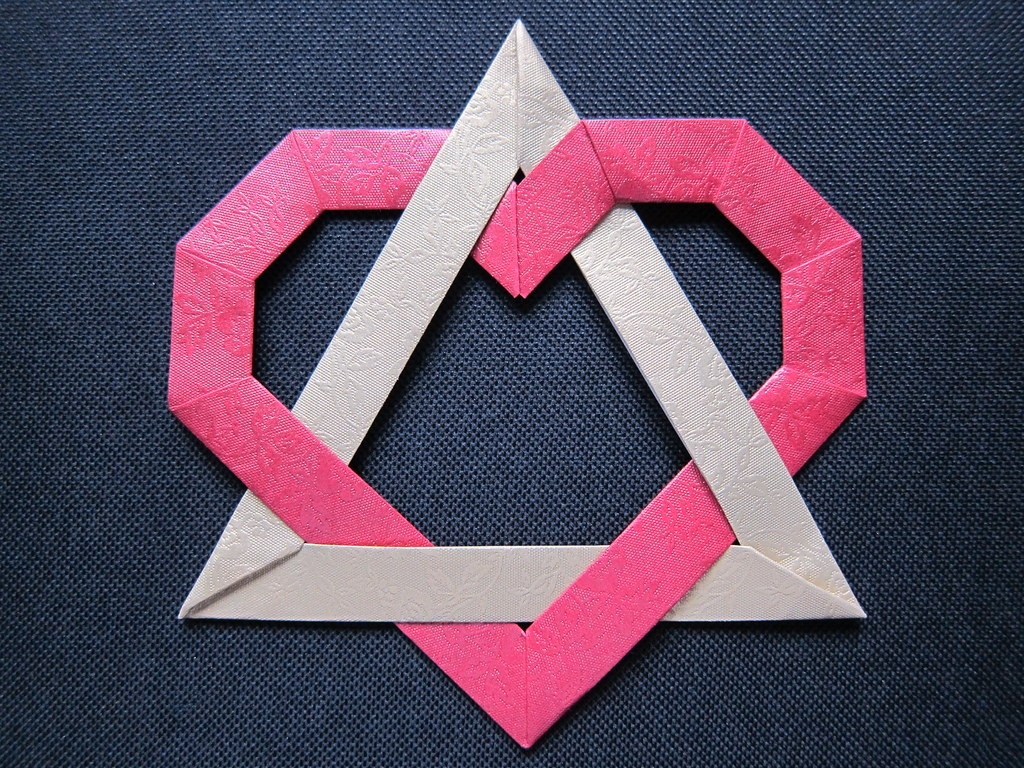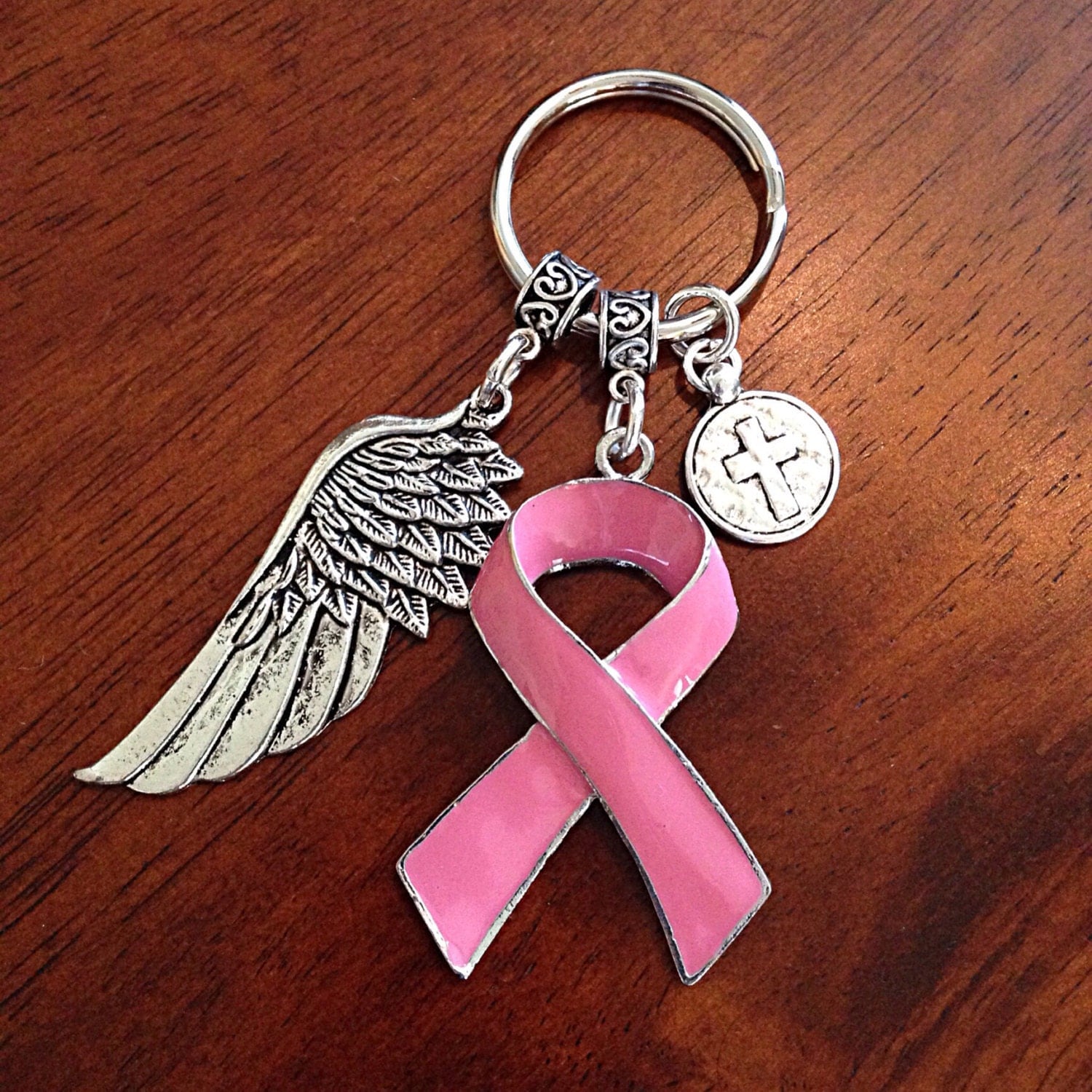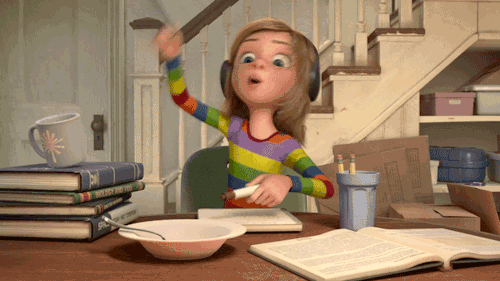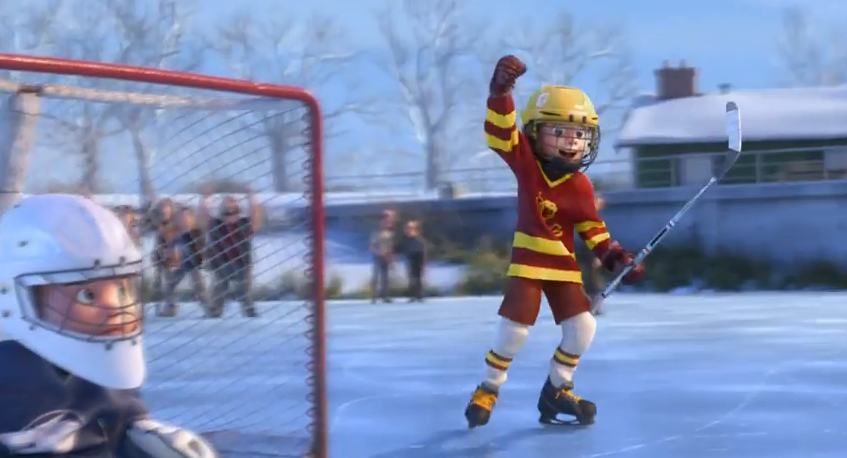 |
In the middle of finals week, I bought the third book in a series I like. I couldn’t remember how many books were in the series as a whole, so I looked up the fourth one on goodreads. That was a mistake. The very first sentence of the fourth book description said the villains of the third book killed “the girl he loved”. Well, there goes the entire story. In the first two books, the hero only had one love interest, so it had to be her who died at the end of the third book.
Then I actually started reading the book. To my surprise, the hero got a new girlfriend in this book. That simultaneously gave me hope and made me nervous. I already knew “the girl he loved” would die by the end of this story. But who was she? Did using the phrase “the girl he loved” instead of “both his girlfriends” imply that one of them would live?
I had to know. Even though I was in the exam trenches, I devoured that book. I have five chapters left. Girl B just died and Girl A is heading the same way-but Hero still has a chance to save her. Is she going to make it?
Love triangles have received a lot of negative criticism in YA over the last several years. I've seen positive reviews praise a book for simply not having one. I once came across a "Love Triangle Free Zone" web badge on a review blog. Recently I saw an Internet Person claim that love triangles are unrealistic because “I’ve never been in one and I don’t know anyone who has.” I can only see that being true for the self centered version of the love triangle, where one person has two lovers at the same time, and even then it's a stretch.
If you date somebody and they formally break up with you for someone else, that’s a love triangle.
If you date somebody and they cheat on you, that’s a love triangle.
If you suffer from unrequited love for someone who's in a relationship, that's a love triangle.
In other words, your three sided shape is still a triangle even if you are not the hypotenuse. I can't go a week without hearing about one of my friends crushing on a boy, "But he has a girlfriend." The most basic and obvious reason for divorce (though not the most common today) is spousal infidelity. The only way to get through life not knowing somebody who's in a love triangle is to not know anybody at all.
I’ve kept a tally of every novel, memoir, biography, play, graphic novel, and manga I’ve read this past year. At the time of this writing, I've read 55, 52 of them being fiction. 29 of the 52 have romance. 16 out of 29 have love triangles under my expanded definition. It’s an equal split between adult and YA. Of the 8 adult titles, 6 are classics, because I’m a student and that’s mostly what I read. Here are the descriptions of all the love triangles I’ve encountered over the past year. Titles are included in the cases of classics because I have no qualms about spoiling something that's been around for centuries.
 |
Adult:
-A woman leaves her abusive husband for a better man, but that man is also flawed. When he dies she marries her third husband who is the love of her life. Their Eyes Were Watching God
-A woman loves a man but she marries someone richer. He runs away, gets even richer than the married couple, and returns to marry her sister in law. Wuthering Heights
-A woman’s husband comes back from war with a concubine. She kills them both. Agamemnon
-A woman's husband divorces her in order to marry a princess. She kills the princess, the king, and, for good measure, her own two children from her husband. She flies off in a magic chariot with their corpses in tow, leaving her husband with absolutely nothing. Medea
-A woman loves a man who loves her back, but they’re both too stubborn to admit it. She bonds with a different guy over their mutual dislike for the first man. Then the second man runs off with her little sister and the first man pays for their wedding in order to protect the family’s reputation. His kindness for her sister softens the woman’s heart. Pride and Prejudice
-Guy brings a coworker home to meet his antisocial sister. The coworker turns out to be an old classmate the sister had a crush on. She finds out he’s engaged. The Glass Menagerie
-Wedding planner offers to do her ex-boyfriend’s wedding in hopes of stealing him away from his fiancee in the process. Falls for the best man instead and decides to let the happy couple be.
-Woman crushes on man. He likes her too, so they date. Creepy stalker dude follows her around until he takes care of him.
YA:
-Boy dates the same girl for most of his high school life. In the last week of their senior year and the first chapter of the book, she breaks up with him. He finds someone new.
-Girl grows up in a dystopian society and has a boy she likes. She gets shipwrecked on an island away from the society, and, presuming the boy is dead, moves on. Turns out he’s not, but she’s happier with the new boy.
-Boy likes girl. Girl breaks up with boy. Boy finds new girl. New girl is killed by a demon who goes for his ex-girlfriend next.
-Actress girl is scripted to play a boy’s love interest. She had a celebrity crush on him before, but quickly realizes he’s a Hollywood jerk. He develops a crush on her, she does not reciprocate, because she now likes a different costar.
-Girl has a human boyfriend at the beginning of the book. Aliens visit earth. She falls for alien boy instead and leaves her human ex-boyfriend on earth.
-Girl grows up in a very small ragtag band of refugees. She falls in love with the only boy her age in camp. After she gets out and sees the world, another boy falls for her. She does not reach a decision by the end of the book.
-Girl disguises herself as a boy to be a soldier. Two boys are aware of this but don’t tell her. For one of the boys, also a soldier, she’s the only girl he interacts with regularly. When she reveals her gender they both reveal having feelings for her. She does not reach a decision by the end of the book.
-Girl's coworker and friend start seeing her as a love interest. She's involved briefly with one of them while continuing to see the second as a friend. She and the coworker lose interest in each other and he goes off to live his life, leaving her to fall for the friend.
After crunching the numbers, only 3 (or 5.45%) of the books I’ve read this year have a love triangle with the most whined about definition. Love triangles appear in classic and contemporary literature because they reflect common life situations. People cheat, leave their lovers, and go on rebound. Relationships are messy.
Really, there’s not a whole lot you can do with romance. It's the most formulaic of genres. They meet, they kiss, they live happily ever after. Two person romances are predictable. We find comfort in that, which is why we read them. The most obvious benefit of including a love triangle is
1. They add suspense.
Let's go on, shall we?
2. They reflect realistic situations.
3. It gives the main character something to do over the course of a series. If everything works out great with her one love in the first book, what's the conflict in the second? Either you get a petty breakup or you have to send in a band of pirates to kidnap one of the lovers. Nobody likes that.
4. It can be entirely appropriate for the situation. In some of the examples I've listed, the main character lives in an environment where they meet very few people of the opposite gender. Their only option is to fall for the only guy or girl around, even if that person happens to have feelings for someone else.
5. Follow the leader. Two of my adult examples, Agamemnon and Medea, come from ancient Greek theater, and they're only adaptations of older myths. Love triangles have always been around, why stop?
6. Let readers dream a little! Maybe the ugly bookish girl holed up in a corner of the library won't ever find herself faced with two equally devoted loves. That's why she's reading about it instead of going outside to face her pathetic dating life.
1. They add suspense.
Let's go on, shall we?
2. They reflect realistic situations.
3. It gives the main character something to do over the course of a series. If everything works out great with her one love in the first book, what's the conflict in the second? Either you get a petty breakup or you have to send in a band of pirates to kidnap one of the lovers. Nobody likes that.
4. It can be entirely appropriate for the situation. In some of the examples I've listed, the main character lives in an environment where they meet very few people of the opposite gender. Their only option is to fall for the only guy or girl around, even if that person happens to have feelings for someone else.
5. Follow the leader. Two of my adult examples, Agamemnon and Medea, come from ancient Greek theater, and they're only adaptations of older myths. Love triangles have always been around, why stop?
6. Let readers dream a little! Maybe the ugly bookish girl holed up in a corner of the library won't ever find herself faced with two equally devoted loves. That's why she's reading about it instead of going outside to face her pathetic dating life.
I am a teenager. Sometime in the next decade of my life, I expect to find and marry someone I love. I don't expect the road to be easy. I would love it if every boy I crushed on turned out to be single. I would love it if no boy ever cheated on me. And yes, I'd love it if I never had to pick between two guys I loved equally. Some people do meet their true love at sixteen, date exclusively, and marry out of high school. But most love is messy.
Of course, I am basing my statistics and conclusions off my own reading. It might not be yours, but that's actually a good thing. Half of my love triangle list (AKA everything on the adult side) are titles I read for school or my internship with a publishing company. For the YA, I picked what I read. In other words, I managed to read only three books in the past year with self centered love triangles. They're easy to avoid.
I've long suspected that the reason love triangles are unpopular is they give you a chance to lose. Readers fall in love along with the characters, and when the protagonist makes they opposite choice, we feel betrayed. Chuck that book across the room! I believe it's a sign of shallow readership to only tolerate characters who behave and decide exactly as we would. We have our own love lives to make those decisions. Fictional characters stay in their spheres. And should I one day wake up in a world where my favorite fictional characters are living and breathing, I'll be thrilled that my love interest of choice was rejected by the heroine.
Because that leaves more of him for me.

.jpg)





